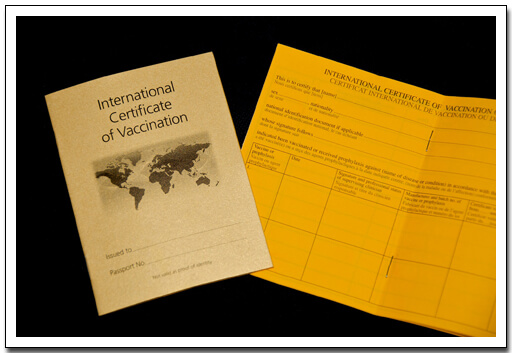Navigating Linguistic Quirks Abroad: Australian Travellers and the Oxford English Dictionary
Australians on their overseas experience might be finding themselves baffled by more than how the British manage to keep cheerful in a place with such terrible weather. They might literally be baffled by the latest updates to the hallowed Oxford English Dictionary, keeper of linguistic propriety in the home of the English language.
A Shifting Lexicon
Alongside digitally-relevant updates such as Twitterati and urban slang such as chillax, established words have had their definitions updated. The most controversial example of this is the word “literally”, which can now officially mean “metaphorically” as well. According to the custodians of the OED, this simply reflects usage, such as the late, great Steve Jobs describing the iPhone as “a revolutionary and magical product that is literally five years ahead of any other mobile phone”. The OED also accepts the original meaning of literally as literally, so there are those who see the potential for confusion.
Language in Transit: Lost in Translation
Those traveling abroad can often find themselves needing some time to adjust to the local language, even when they’re moving from one English-speaking country to another, as the same word can have completely different meanings in different countries.
Diverging Interpretations
In the United Kingdom, an “earbashing” is akin to a stern scolding or reprimand. In Australia, however, it transforms into a term for casual chatter. Similarly, “thongs” in the Australian lexicon refer to sandals secured by a thong strap, commonly known as “flip-flops” in other parts of the world. In the UK, “thongs” take on an entirely different connotation, denoting a style of undergarments.
Rapid Adaptation and Professional Aid
Fortunately, travelers typically adapt swiftly to linguistic idiosyncrasies in their new surroundings. Until this transition is complete, professional NAATI translators stand ready to assist. These skilled language experts bridge the gap between dialects and interpretations, ensuring clear communication in an ever-evolving linguistic landscape. Whether traversing the diverse linguistic terrain of English-speaking nations or navigating the subtleties of a foreign tongue, linguistic adaptability remains a hallmark of the modern global explorer.



